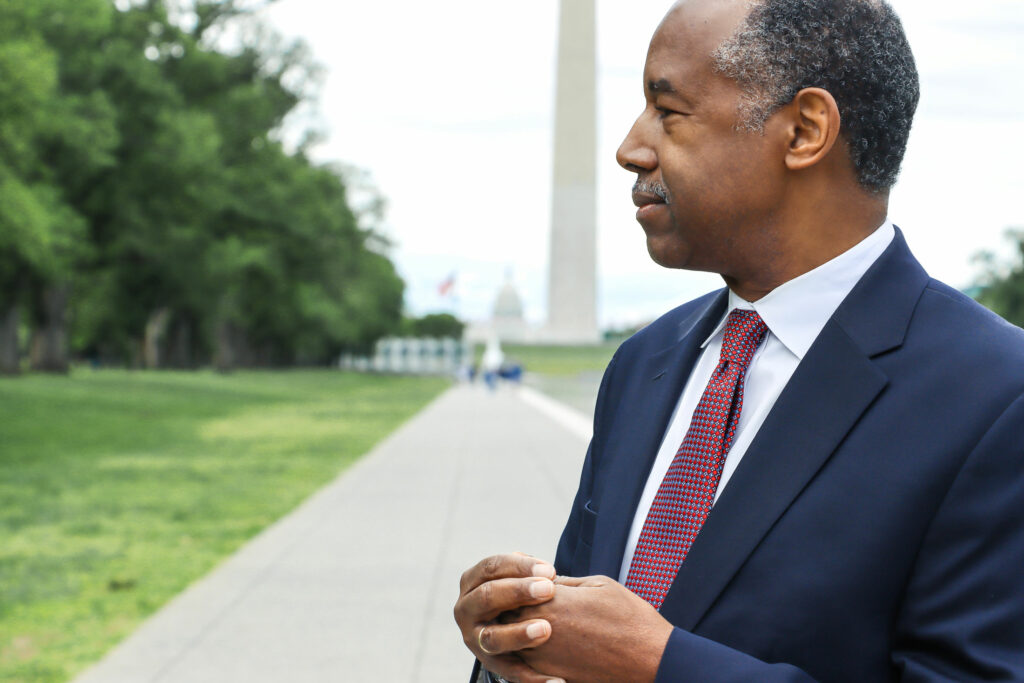 On Monday, the Supreme Court heard arguments for NRA v. Vullo, a case in which the National Rifle Association (NRA) alleged that its free speech rights were violated, and it was being targeted for its political views.
On Monday, the Supreme Court heard arguments for NRA v. Vullo, a case in which the National Rifle Association (NRA) alleged that its free speech rights were violated, and it was being targeted for its political views. As a background to the NRA’s claim, Maria Vullo, the New York Superintendent of the Department of Financial Services (DFS) appointed by Governor Andrew Cuomo, used her official authority to target the NRA for its political stances because she disagreed with them.
In her capacity as DFS Superintendent, Vullo oversaw several thousand banks and insurance companies that manage trillions of dollars in assets. Her powers in this role were wide-ranging: she could “grant or deny licenses, launch investigations, impose millions of dollars in fins, appoint monitors, and refer matters for criminal prosecution.”
However, Vullo didn’t just view her official position as an opportunity to enforce the law in a fair and unbiased way. Instead, she harnessed her authority to target the NRA by issuing formal letters of guidance and a press release that urged every bank and insurance company in the state of New York to “sever their ties” with the NRA and other similar organizations which stand for the Second Amendment. Vullo also promised to go easy on enforcement actions against insurers who cut ties with the NRA, and she announced consent orders with some of the NRA’s long-time insurance partners that included multi-million-dollar fines and prevented these businesses from ever working with the NRA again. Vullo’s advocacy was effective, too, as numerous banks and insurance companies in New York declined to work with the NRA for fear of prosecution by the state.
Such behavior from our political officials is an egregious threat to the rule of law and the American notion of equal justice for all. When political leaders—vested with state authority and the coercive power of government—threaten to use that authority to go after businesses who work with organizations just because those organizations may express political beliefs that the official disagrees with, that shreds the entire notion of free speech itself and turns the Constitution on its face. These violations were so egregious that even the ACLU, usually an ideological foe, decided to step in and represent the NRA.
Indeed, the Supreme Court held as much before. All the way back in 1963, in a case called Bantam Books v. Sullivan, that indirect efforts by the government to either suppress or penalize speech through private third parties (like banks and insurance companies) violated the First Amendment’s free speech protections.
Of course, this isn’t the first time the left has weaponized the government to target those who hold differing political views. Back in 2013, it was revealed that the Obama administration’s IRS was targeting conservative political organizations for intensive scrutiny and audits, based solely on their political affiliation. Just last year, it was revealed that the FBI focused many of its spying efforts on conservative Catholics and other religious groups. And of course, the radical left has weaponized the legal system and invented novel and unprecedented theories of law to seize President Trump’s assets and even attempt to put him in jail, none of which would have been brought forward if he wasn’t the Biden administration’s top political opponent.
Free speech is the very foundation of our constitutional order—and that is why it is protected in the very First Amendment. America’s Founding Fathers understood that in order for the political process to function in a democratic republic, citizens had to maintain the right to speak freely and debate the issues in the public square so that the best ideas can win out. When government officials instead use their special authority to target those who they disagree with politically, that puts a chilling effect on free speech itself and undermines the very foundations of our system of democratic republicanism. All Americans, regardless of political affiliation, should hope that the Supreme Court protects the free speech rights of the NRA and other organizations, no matter how unpopular their views may be.
